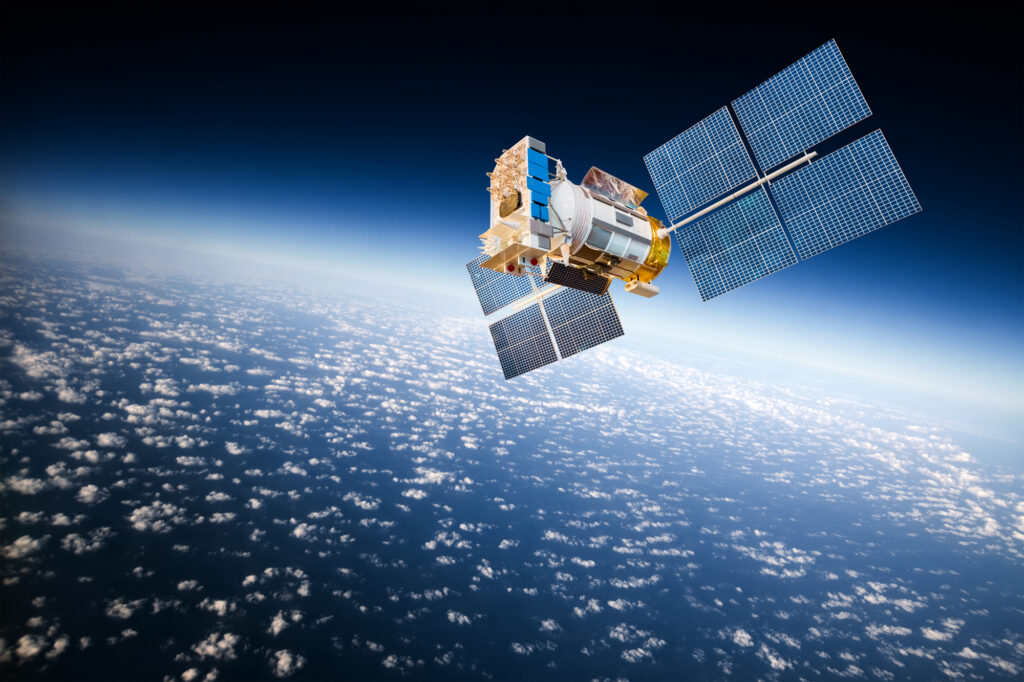Arianespace will launch Microcarb, a scientific satellite that will track sinks and sources of CO2 on a global scale. The performance required for this launch, scheduled for 2023, is 190 kg in a sun-synchronous orbit at 650 km.
The launch of the Microcarb satellite will take place in 2023 by Arianespace
Arianespace has been awarded a launch contract by theTHAT, the European Space Agency. All this takes place within the framework of an agreement with the European Commission, to launch the satellite in 2023 microcarb on Vega C. Microcarb is a scientific satellite developed by the CNES, weighs 190 kg, and will be launched in a sun-synchronous orbit, 650 km above the Earth.
“We are very proud of this new launch contract, which underlines Arianespace’s ability to design the most competitive launch solutions, in this case with Vega C, to meet the needs of European institutions,” he said. Stéphane Israel, CEO of Arianespace. “We are particularly excited to bring this emblematic space project to life, which is a great example of cooperation between ESA, the European Commission and CNES, with industry support to better understand the impact of human activity on climate change.”
The aim will be to map and trace CO2 sinks
Microcarb is designed for map the sources and sinks of carbon dioxide (CO2) – the most important of the greenhouse gases – on a global scale. To better study the impact of CO2 produced by human activity, NASA has already launched the satellite OCO-2 in 2014. In 2023, the CNES will take on this task with the launch of Microcarb. Its dispersive spectrometer instrument will be able to measure atmospheric CO2 concentration globally with a high degree of accuracy (on the order of 1 ppm) and with a pixel size of 4.5 km x 9 km.
The instrument will be positioned on a microsatellite built around the CNES Myriade bus with a load designed and manufactured by Airbus Defence and Space. This mission involves the French scientific community that studies climatology and the carbon cycle. The mission includes funding from the French investment programs for the future, as well as the European Union’s framework program for research and innovation, Horizon 2020















Leave a Reply
View Comments